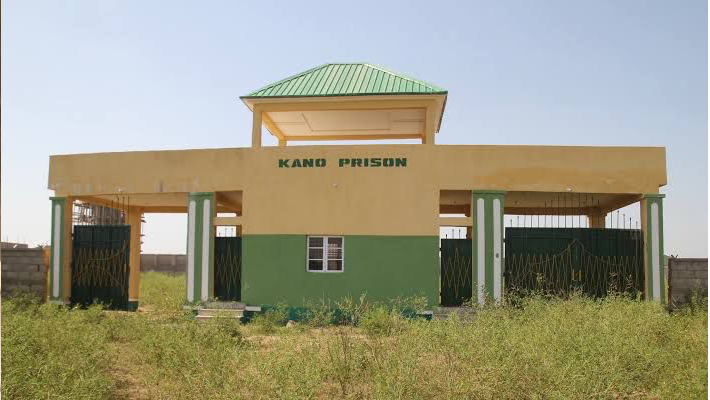Nigeria's Foreign Policy Review and Economic Diplomacy

Nigeria's foreign policy is undergoing a critical review in response to the shifting global landscape, according to Minister of Foreign Affairs, Ambassador Yusuf Tuggar. Speaking at the Inaugural Session of the Agora Policy Forum, Tuggar emphasized the need for a dynamic approach to foreign policy that prioritizes the protection of Nigeria's national interests amidst growing geopolitical tensions, economic realignments, and security threats.
Tuggar highlighted the fracturing of the post-Cold War consensus and the resurgence of great power competition as key factors contributing to global uncertainty. He pointed to the war in Ukraine, conflicts in Sudan and the Sahel, and persistent inflationary pressures as examples of the challenges facing Nigeria and other developing economies. The rise of new technologies and the existential threat of climate change further complicate the international order.
In light of these challenges, Tuggar stressed the importance of diplomacy as the primary tool for conflict resolution. He argued that investing in diplomatic capacity and exhausting all available avenues for dialogue is crucial, as the costs of conflict far outweigh the benefits. He cited Nigeria's successful diplomatic efforts in Gambia as an example of how tragedies can be avoided through strategic engagement and negotiation.
Tuggar acknowledged that the existing international order has not always been favorable to Nigeria and Africa, particularly in terms of access to financing, markets, and peace-building tools. As this order breaks down, he called for Nigeria to play a leading role in shaping a new, more equitable global order that reflects the interests of Africa.
The Minister emphasized that Nigeria's foreign policy must be anchored on its traditional principles of Africa as the centerpiece, non-alignment, economic diplomacy, and global multilateralism. However, he stressed that these principles must evolve to reflect the realities of the 21st century. He highlighted the importance of evidence-based policymaking, a long-term vision, and a commitment to national and continental advancement.
Tuggar also underscored the importance of economic diplomacy in attracting foreign investments, enhancing trade partnerships, and ensuring economic diversification. He noted the potential of the African Continental Free Trade Area (AfCFTA) to consolidate Nigeria's position as a regional economic hub and highlighted the Trans-Saharan gas pipeline and the Nigeria-Morocco Gas Pipeline as opportunities to diversify Europe's gas supplies.
In a related development, stakeholders at a high-level forum in Abuja called for immediate and holistic reform of the Economic Community of West African States (ECOWAS) as the organization gears up for its 50th anniversary. The forum, organized by the Centre for Democracy and Development (CDD) and the West Africa Democracy Solidarity Network (WADEMOS), addressed the challenges facing ECOWAS, including military coups, economic struggles, and the need for inclusive governance structures.
CDD Senior Fellow, Prof. Jibrin Ibrahim, warned that recent developments, including military coups in Mali, Burkina Faso, Niger, and Guinea, posed significant challenges to the bloc’s cohesion and must be acted upon. He also highlighted the inability of many ECOWAS member states to generate sustainable employment, particularly for the youth, fuels disillusionment and instability.
Stakeholders emphasized the need for ECOWAS to undergo comprehensive reforms, including dismantling systems rooted in colonial and imperial legacies and prioritizing the welfare of all citizens. They also called for continued dialogue with the Sahelian countries that have experienced coups, advocating their reintegration into ECOWAS through a renewed commitment to democratic principles.












